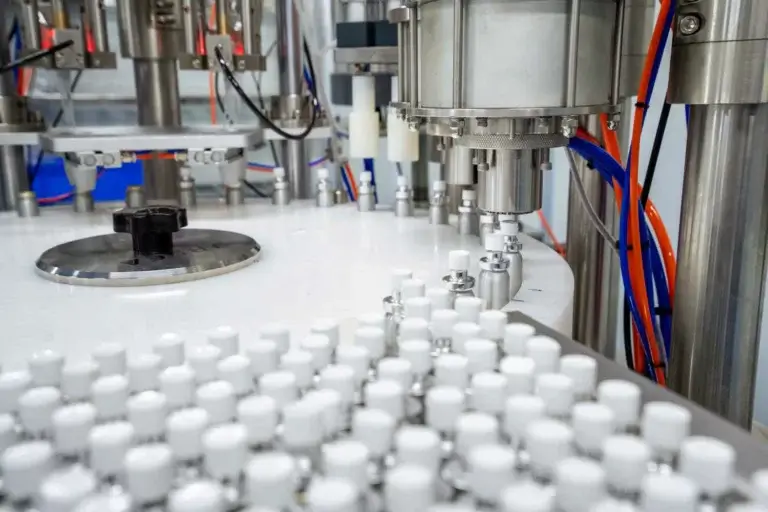In 2025, the role of the pharmacist is undergoing a profound transformation. Long perceived as a simple dispenser of medication, they are now becoming a key player in health in its own right, capable of taking care of simple pathologies and offering concrete solutions to patients, without going through a traditional medical consultation.
This regulatory development opens up many opportunities for manufacturers of private label medical devices and pharmaceutical products, who can adapt their offering to these new pharmacy practices.
An expansion of pharmacy missions
Since the implementation of recent health reforms, pharmacists have been authorized to handle an increasing number of simple clinical situations. This strengthening of their skills aims to relieve congestion in the healthcare system while bringing healthcare services closer to the general public.
Among the actions now possible:
- Dispensing of medication for dental pain
- Treatment of simple conjunctivitis
- Prescription for emergency contraception after the morning-after pill
- Tick Removal
- Delivery of LPPR dressings on electronic prescription
- Substitution of biosimilars
- Integration of digital prescription
These new missions are in addition to those already in place (vaccination, antigen tests, public health advice). The pharmacist therefore becomes a rapid access point to primary care, with a logic of immediate availability.
A direct impact on product needs
These expanded missions imply new needs in terms of health products. Each act or advice given by the pharmacist is accompanied by a need for support product, whether it is a medical device, of a hygiene product, or a rapid screening test.
The most common situations require:
- Of the sterile eye solutions for conjunctivitis
- Of the suitable dressings and sterile compresses for simple wounds
- Of the soft disinfectant wipes for skin hygiene
- Of physiological serum for ENT care or initial post-procedure procedures
- Of the urine or hormonal tests for personal use
For pharmacies and groups, having a complete range of these products becomes a strategic lever, both to improve care and to strengthen the added value of pharmacy advice.
Why this is an opportunity for white label manufacturers
Pharmaceutical laboratories and networks are now seeking to develop their own exclusive ranges in response to these business developments. White-label manufacturing allows them to respond quickly and efficiently, with products:
- Adapted to protocols and common situations in pharmacies
- Compliant with regulatory requirements (CE, MDR, IVDR)
- Positioned at affordable prices for direct sales
- Delivered with customizable packaging and a clear information sheet
For example, a physiological serum in 500 ml bottle, sterile, without preservatives, is becoming a flagship product to meet several uses related to the pharmacist's new missions. The same goes for hypoallergenic wet wipes, designed for post-intervention skin hygiene or for the management of a sting or minor injury.
The role of the manufacturer: responsiveness, compliance, support
A good industrial partner no longer just produces. Today, it must support industry players in:
- Regulatory monitoring
- Adapting the ranges
- Logistical flexibility
- The provision of solutions ready to be used in pharmacies
At Smart Agents Healthcare, we support laboratories and groups in the development of their white label products, with particular attention tosuitability between product and field use.
Towards targeted “pharmacological acts” ranges
It is becoming relevant for groups to offer mini-ranges adapted to these new pharmacy acts, such as:
- Sterile physiological serum
- Wet wipes for aftercare
- Compresses and adhesive bandages
- Urine or hormonal screening tests
- Intimate health and oral hygiene products
These products must be simple, effective, easy to explain and recommend. They can be grouped into “convenient pharmacy” packs or displayed on shelves according to symptoms.
Conclusion: transforming business development into product value
THE new missions for pharmacists in 2025 are not just a public health issue. They are redrawing the contours of pharmacy supply. For manufacturers, this is a strategic opportunity to create more relevant ranges, better aligned with the needs of the field.
White label manufacturers have a key role to play here: offering reliable, cost-effective, customizable products that make the pharmacist's job easier and increase the efficiency of over-the-counter care.






